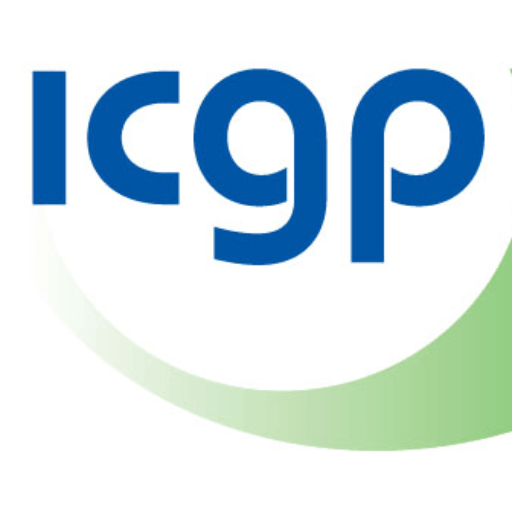Irish College of General Practitioners calls for a Working Group on Future General Practice to plan for serious GP workforce pressures, in pre-Budget submission.
Over 700 GPs due to retire in coming years.
Many GP practices are unable to take on any new patients, with too few GPs to meet demand.
The voice of GPs must be heard in discussions on future policy planning.
The Irish College of General Practitioners, the professional and training body for GPs, has called for the urgent establishment of a Working Group on Future General Practice.
It is estimated that Ireland needs over 2,000 GPs over the next decade, to meet impending retirements and population growth. Over 700 older GPs are due to retire in the coming decade.
Dr. Diarmuid Quinlan, Medical Director of the ICGP. said: “Ireland has 29% fewer GPs per head than the UK, and existing GPs are seeing increased workload and demand. The College has steadily increased its training numbers, and we aim to train 350 per year by 2026. But at present, innovative solutions are needed to address these workforce problems.”
“Right now we are already seeing difficulties replacing GPs in many areas of the country, and many GP practices are unable to take on new patients.”
The College has called for a Working Group on Future General Practice, to plan for future health provision including the expansion of free GP care and workforce planning with all stakeholders.
Dr. Quinlan added: “The voice of General Practice must be heard in these major decisions. We welcome the transfer of training from the HSE to the ICGP, and we are working closely with the HSE on the expansion of training places for GPs.”
The College’s Pre-Budget submission also recommends:
- GPs should lead the care of patients with enduring mental illness, in a way similar to the Chronic Disease Management programme for diseases such as COPD and Asthma;
- Expansion of GP role in provision of Women’s Health with Menopause treatment as a priority;
- Group Practice consolidation and development of Professional Practice Managers;
- Expanded role for Practice Nurses in general practice;
- Engagement with the HSE to encourage retention of GPs in rural practices, and in deprived urban areas.
The ICGP has also called for an expansion and upskilling of Practice Nurses, to help deliver more chronic disease management services in general practice, and an immediate expansion in access to diagnostic services for GPs.
Dr. Quinlan said: “We saw during the COVID-19 pandemic how central and significant the role of general practice is in Irish healthcare. Now is the time for GPs to be central to the plan for future healthcare delivery.”
“The outlook in general practice is more positive now, with fewer GPs emigrating and the introduction of the Chronic Disease Management programme. We need to ensure General Practice continues to provide high quality care to patients, and ensure it continues to be a stable and rewarding career for GP graduates.”
The full text of the 2022 Pre-Budget Submission can be read here https://www.icgp.ie/go/library/catalogue/item/2D7604A0-0C8D-491D-B926AB73BCB44E5C
ENDS
Issued by: Aileen O’Meara, Communications Consultant, Irish College of General Practitioners.
Tel. 01 2542984 / 087 2239830.
Email: ICGP.news@gmail.com

